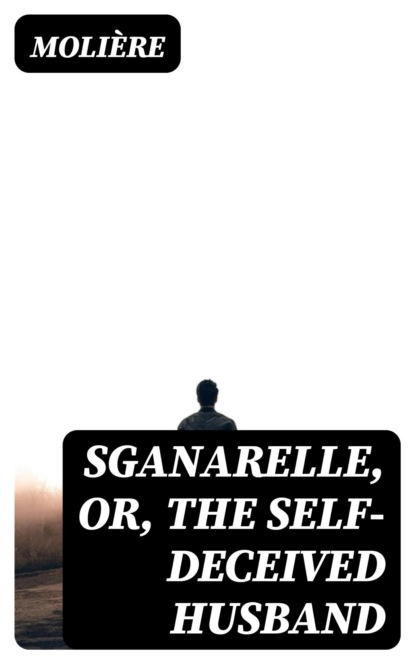Maht 36 lehekülge
0+
Raamatust
In «Sganarelle, or, the Self-Deceived Husband,» Molière masterfully weaves a comedic tapestry that explores themes of deception, jealousy, and the complexities of marriage. This one-act play employs sharp wit and satire typical of Molière's literary style, characterized by its clever dialogue and incisive social commentary. The narrative revolves around Sganarelle, a cuckolded husband trapped in his own delusions, providing a poignant reflection of 17th-century French society's views on masculinity and fidelity. Through this humor-laden examination of human folly, Molière critiques both social pretensions and the absurdity of self-deception, encapsulating the era's distinctive blend of Enlightenment thinking and theatrical innovation. Molière, born Jean-Baptiste Poquelin, was profoundly influenced by the theatrical traditions of his time and personal experiences within the socio-political landscape of France. His keen observations of human behavior, particularly in the context of marital dynamics and societal roles, informed his writing. Supported by a life immersed in the theater, Molière aimed to expose moral failings while entertaining his audience, thus fostering laughter that also provokes reflection. For readers seeking a thought-provoking yet humorous exploration of marital relations and self-delusion, «Sganarelle, or, the Self-Deceived Husband» is a perfect entry point into Molière's oeuvre. This play not only entertains but serves as a timeless reminder of the follies inherent in human relationships, making it essential reading for enthusiasts of classic literature and those interested in the intricacies of love and deception.
